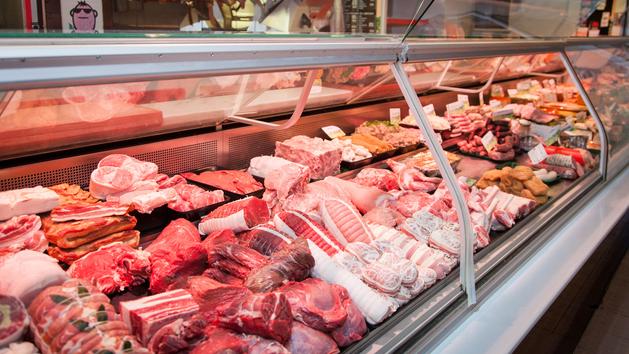More than a third. Of the 2,000 checks carried out in 2018 by the DGCCRF (General Directorate for Competition, Consumption and Fraud Control) on the labeling and traceability of meat, more than a third revealed anomalies. The survey covered 1,926 establishments, including large and medium-sized stores, butchers, slaughterhouses and other establishments selling meat, details the DGCCRF in the results of its survey, relayed by the UFC-Que Choisir.
Read also: Faced with vegans, meat obtains the monopoly of the “steak” label
Among the anomalies, the investigators noted cases of " francization ", allegations relating to breeds, messages concerning the regional origin of animals and signs of quality used in an abusive manner. This non-compliance with traceability rules gave rise to warnings, injunctions or reports in nearly 40% of the establishments inspected.
The DGCCRF has particularly noted the frequent absence of the indication of origin in traditional butchers and butcher's departments of large and medium-sized surfaces, in particular for veal. As for the self-service shelves, the DGCCRF investigators point out that the pre-packaging clearly mentions the origin of the meats as well as the potential for tenderness, but that they often contain shortcomings. Furthermore, the results of the survey reveal that “it is not uncommon to observe the presence of approximate, even misleading, promotional advertising posters. "
Read also: The DGCCRF recorded more than 55,000 consumer complaints in 2019
To explain these shortcomings in large and medium-sized stores, the DGCCRF notably mentions the lack of self-checks of traceability procedures and insufficient staff training.
Labeling of origin (country of breeding and slaughter) has nevertheless been compulsory since 2015 for almost all meats, and a law relating to the transparency of information on agricultural and food products has been reinforced. these measures in June 2020. The DGCCRF thus noted that the establishments which now fully comply with the procedures are those which have been previously checked. This is why it announces at the end of the results of its investigation that it is renewing its controls of the operators concerned in 2020.

